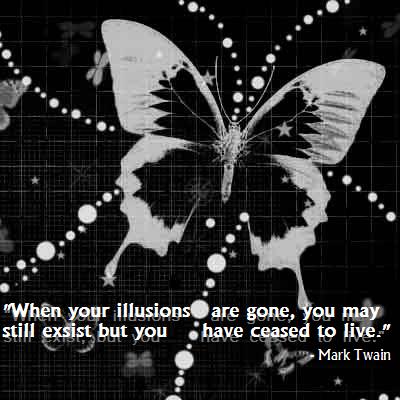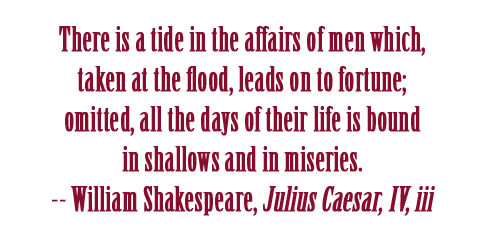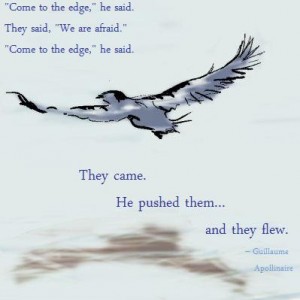THIS POST IS FOR WRITERS:
I must admit that reading articles by authors who say something along the lines of, “With 18 books now out and available, I hope to one day make enough money as an author to quit the day job.”
Uh… what?
I just read an article where an author says something like that, and I can’t help but think that the individual in question is doing something wrong. Are the books poorly written? (I don’t know.) Is the author writing in some obscure genre? (No.) Does the author have a simply awful deal with the publisher? (I don’t know, but only half the author’s catalog is with a publisher, and the rest are self-published.) Does the author spend absolutely zero time and money marketing the books he/she has worked so hard to produce? (I don’t know.)
Something just isn’t right here. It could be any number or combination of factors holding this author back, but a little self-analysis is really called for.
To be honest, I could never get to 18 books if my first 17 weren’t selling and making me at least a modest living. What’s my magic number before I would think about hanging it up? That’s a hard one, because the marketplace is a different animal than it was 20 years ago.
Once upon a time, everyone expected authors to hit their sales stride by the time their third book released, or perhaps their fourth. Few authors received a deal for their fifth book if their first four weren’t making money. (Hell, sometimes they wouldn’t get a deal for their second book if their first one wasn’t at least a modest hit.) Now, it’s one thing for a traditional publisher to make money, and another thing altogether for the author to be making a living off the same books, given how crappy some of those traditional publishing contracts are for authors. Still, the third or fourth book seemed an appropriate time to tell the boss, “I quit!”
Nowadays, with the eBook and self-publishing revolutions, in which me, you, your neighbor, your neighbor’s uncle, and your neighbor’s uncle’s dog are all publishing books, the equation seems to have changed for most. It’s much harder to get noticed in the first place, and to go through that brand-building process, now that we’re all competing with 93,274,561 other authors (rounded off to keep it simple).
At Evolved Publishing, for example, we now have authors with four to five books out who are still looking to get over that hump. I believe they’re close, and certainly the genres they write in play a big role, but it looks as if they’ll need those sixth and seventh books to make that leap. In most cases, I believe six books might be the target number, but all six must be in the same genre, and therefore appealing to the same audience. In other words, if you’re writing in multiple genres, you need six books in each of them. Also, it helps if it’s a genre that sells well. If you’re writing literary fiction, as an example, you’ll have a tough row to hoe. Or if you’re writing children’s picture books, the magic number might well be ten to twelve just to get your catalog rolling, as parents tend to gravitate to authors who have a large catalog to offer.
Of course, that’s just an estimate based on empirical evidence I’ve seen and heard in all the discussions out there, and based on actual numbers I have for some twenty-five authors. Every individual experience is different. Some get lucky and hit it big with book number three or four; others are still struggling at six or seven. And when it finally happens for an author, the whole of their catalog will take off all at once–like zero to sixty in a split second… after revving the engine for years.
Additionally, you must build your brand as an author, and that means spending time developing your following–social media, website, advertising, special promotions, perhaps even a free eBook to get folks: A) knowing who you even are, and; B) excited about your work.
~~~~~
The point I want to make is three-fold:
If you only have one or two or three books out, and they’re not selling, it may just be an indication that you haven’t yet hit that magic number where readers sit up and take notice. Keep going, and keep being careful to produce good work.
If you have eighteen books out and they’re still not earning a living for you, something is amiss. Frankly, your work may not be good. Sorry to say it, but there you have it. A lot of folks are publishing garbage these days, but they can fool readers for only so long. The consumer always catches up in the end.
Writing is the most important thing you do. Keep building that catalog, as it’s essential to your eventual success. However, you can’t ignore completely the marketing of your books and your brand. It’s a long slow grind, building your brand; you must start early and keep at it throughout your career. You needn’t spend hours a day at it, but at least a few hours a week is a good idea.
~~~~~
If you lack patience, perseverance, and a thick skin, embrace your day job with a new gusto and stop torturing yourself over being an author. If you possess those qualities, however, and you’re producing good, professional-grade work, then just keep on keepin’ on. Your day is coming.
~~~~~~~~~~










Please follow me here: